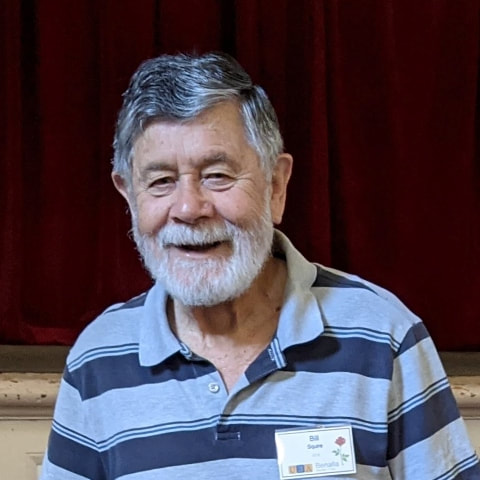Ancient Greece was also the starting point for the month’s second session as Jordi Savalle and his “Concert de Nations” played the prologue to Monteverdi’s “Orfeo” as the story of Orpheus, son of the god Apollo and the muse Calliope, is told. Even without any mythology attached to it, the so-called “Pathétique” Symphony of Tchaikovsky is a landmark in the history of the symphonic form. The idea of closing with a slow movement was bold and unprecedented. Tchaikovsky thought it his greatest work. Composed in Russia in 1917, Prokofiev’s 1st violin concerto had a long gestation, with numerous travels backwards and forwards across the Atlantic with the composer, before being premiered in Paris in 1923, only to be found too romantic and passé to chic Parisian audiences. With an enormous orchestra, deep bells, offstage brass and percussion, vocal soloists, and a large chorus, Mahler’s 2nd Symphony fashions a sound world all his own, exploring themes of afterlife and the resurrection of the dead. Being too long a work for our group to consider in its entirety, we were content with the rousing finale – a fitting climax to the session.
Click on the links below to access the notes and the recordings.
Bill Squire.
Session Notes 8th July
Vaughan-Williams - The Wasps Overture
Listz - Tarantella
Rachmaninoff - Piano Sonata No. 2
Bach - Concerto for Oboe and Violin
Mendelssohn - Sinfonia No. 7
Session Notes 22nd July
Monteverdi - Orfeo: Prologue
Tchaikovsky - Symphony No.6
Prokofiev - Violin Concerto No.1
Mahler - Symphony No.2 : Finale


